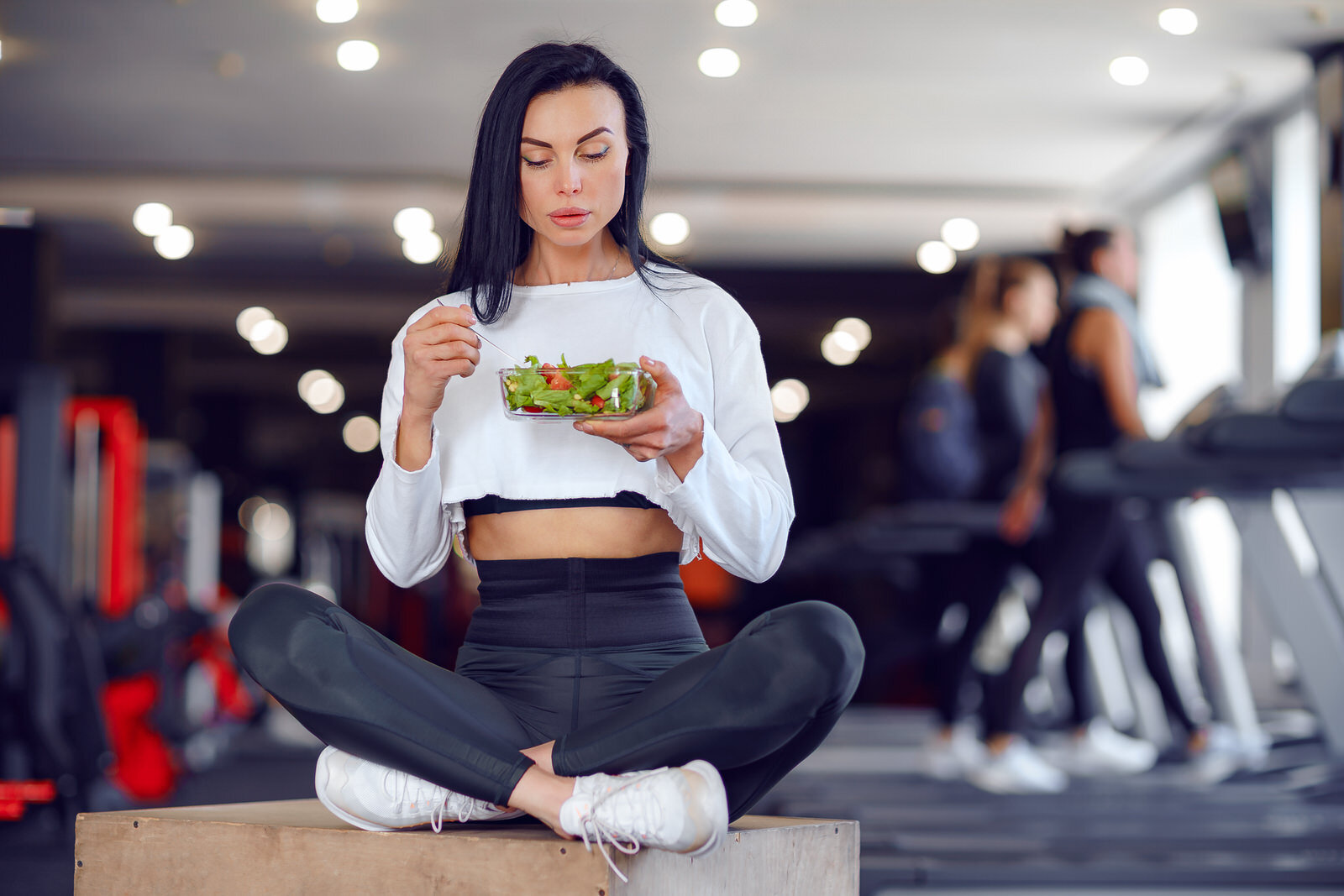Key Nutritional Advice
When it comes to diet the first piece of advice I give all my clients is to eliminate the consumption of processed, artificial, and/or highly refined foods. I understand that goals vary, some people want to lose weight and some want to gain weight. Regardless of the goal you have in mind, that first rule stays consistent. If you stop putting refined, artificial, processed stuff into your body it is going to perform, recover, and feel better.
Keeping that in mind here are 3 things required for proper adaptation to training and in many cases overall health:
Protein consumption: aim for daily protein consumption of 0.8-1 gram of protein per 1 lb of bodyweight. This will help your body increase muscle mass and feel fuller for longer. This is a must for anyone doing resistance based training.
Increase water intake: this simple piece of advice has changed so many lives. Not only has this piece of advice helped with muscle building and weight loss but it has also helped with fatigue, cramping, headaches, and lack of focus. Water is vital to almost all functions of the body yet so many people I have met and worked with consume far too little and have suffered from the aforementioned issues. As it pertains to diet, water is integral for the storage and use of energy. Every 1 gram of glycogen (energy) in your body requires 3-4 grams of water to store and utilize. Glycogen is the primary fuel source of your muscles so without adequate amounts of it your training isn't going to go anywhere.
Consume a breakfast that is high in good fats and protein and low in carbs: consuming a high fat (good fats) and high protein breakfast will help you feel fuller longer. Cutting the carbs will prevent your insulin from spiking and then plummeting early in the day. That spike and that plummet will cause you to crash and crave more carbs to keep you going, forcing you to eat more than you probably should. Moreover, when you have too many simple carbs (sugar) in your system your body will begin to store them as fat which can lead to weight associated health issues.
Some great foods to incorporate into your breakfast and overall diet include:
Avocados are a source of high quality fats
Cheeses (from grass fed animals) are high in protein, fatty acids, phosphorus, selenium and more
Dark Chocolate (over 70%) contains a high amount of antioxidants
Eggs are nutrient dense and a great source of protein
Fatty fish such as salmon and sardines are high in protein and polyunsaturated fats
Nuts such as almonds and walnuts, are a great source of protein and high quality fats
Chia Seeds are a great source of fibre and high quality fats
Extra Virgin Olive Oil is loaded with powerful antioxidants
Coconuts and Coconut Oil are a good source of saturated fat
Full fat yogurt (from grass fed animals and without added sugar) are loaded with probiotics, good fats and protein
Grass Fed Meats are an excellent source of protein and depending on the cut they can also be a source of polyunsaturated fats
Try implementing this advice into your life for a few weeks and I promise you will start to notice a positive change to your mood, energy levels, body composition, sleep, and physical performance!
